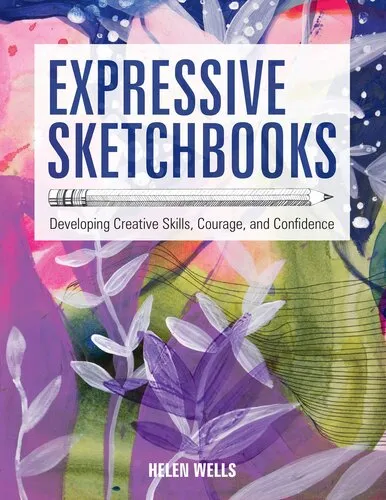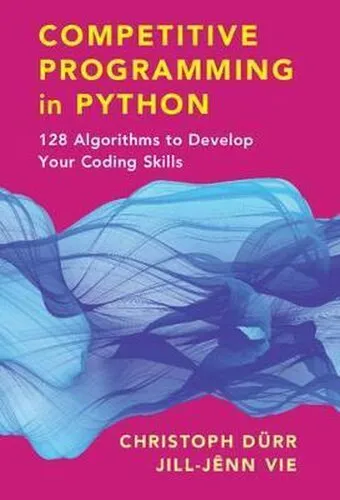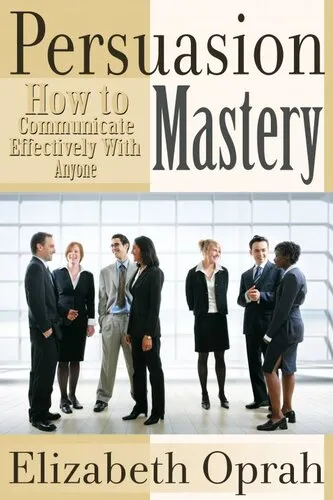Graduate Skills and Game-Based Learning: Using Video Games for Employability in Higher Education
4.5
Reviews from our users

You Can Ask your questions from this book's AI after Login
Each download or ask from book AI costs 2 points. To earn more free points, please visit the Points Guide Page and complete some valuable actions.Related Refrences:
Introduction to "Graduate Skills and Game-Based Learning: Using Video Games for Employability in Higher Education"
The interplay between education and digital technology is reshaping higher education and workplace readiness. "Graduate Skills and Game-Based Learning: Using Video Games for Employability in Higher Education" explores this transformation by examining how video games can serve as an innovative tool for developing graduate skills, thus enhancing employability in the modern job market. This book dives deep into the intersection of gaming, pedagogy, and professional development, providing both theoretical insights and practical applications.
Too often, graduates leave university with strong subject-specific knowledge but struggle with essential transferable skills, such as problem-solving, teamwork, and communication—competencies critical for thriving in today’s demanding job sectors. By drawing on the unique advantages of game-based learning, this book argues that video games offer valuable opportunities for experiential learning, bridging the gap between academic achievement and workplace success. Through in-depth research, case studies, and evidence-based approaches, the book not only highlights the importance of employability skills but also demonstrates how these skills can be cultivated in a playful, engaging, and effective manner.
Detailed Summary of the Book
The book begins by exploring the significance of employability skills in higher education and why traditional approaches are sometimes inadequate for preparing students for the complexities of modern workplaces. It sets the stage for game-based learning as an emerging solution, discussing its benefits and potential pitfalls.
The central chapters delve into specific competencies that can be developed through video games, including critical thinking, leadership, adaptability, and digital literacy. Real-world examples are used to authenticate these claims, presenting a compelling case for adopting gaming technologies in higher education environments as a complement to conventional teaching methods.
Additionally, the book addresses common criticisms of video gaming in education, such as misconceptions about time-wasting and addiction. Instead of dismissing these concerns, the book acknowledges them and offers strategies to ensure a balanced, intentional approach to incorporating gaming as an educational tool. By combining theory with practical applications, the content appeals to educators, students, and even employers interested in innovative solutions to skills development.
Key Takeaways
- Video games can foster employability skills such as problem-solving, teamwork, creativity, and communication in immersive and engaging ways.
- Game-based learning is not just a pedagogical fad; it’s a scientifically-backed method that aligns well with the needs of modern employers.
- Educators can leverage popular games to connect theoretical learning with real-world scenarios, enhancing student engagement and understanding.
- Misconceptions about the negative effects of gaming can often be mitigated through careful implementation and an evidence-based approach.
- A holistic view of education, combining technical skills with transferable competencies, is essential for future employability.
Famous Quotes from the Book
"Far from trivial pastimes, video games offer environments that challenge our cognitive, analytical, and interpersonal faculties."
"Employability in the 21st century isn’t simply about knowing more; it’s about doing more—and doing it collaboratively, creatively, and critically."
"Game-based learning doesn't just teach us what to learn, but how to learn—a skill invaluable in a rapidly changing professional landscape."
Why This Book Matters
In an era where automation, artificial intelligence, and ever-changing job roles dominate the professional world, the skills that set humans apart—empathy, creativity, and critical thinking—have become more crucial than ever. Traditional education systems often excel at imparting knowledge but lag behind in cultivating these soft skills. This book addresses that gap, offering a future-ready toolkit for educators and learners alike.
What makes this work particularly important is its practical approach: it not only spotlights the value of game-based learning but provides concrete examples of how to implement it in the classroom. The blend of academic rigor and accessibility ensures its appeal across various audiences, from scholarly educators to curious gamers interested in the impact of their medium of choice.
By championing the untapped potential of video games, "Graduate Skills and Game-Based Learning" contributes to an ongoing dialogue about the role of creativity and innovation in education. Its insights resonate with the global shift towards interdisciplinary, skill-oriented learning, making it a vital read for anyone invested in the future of higher education and beyond.
Free Direct Download
You Can Download this book after Login
Accessing books through legal platforms and public libraries not only supports the rights of authors and publishers but also contributes to the sustainability of reading culture. Before downloading, please take a moment to consider these options.
Find this book on other platforms:
WorldCat helps you find books in libraries worldwide.
See ratings, reviews, and discussions on Goodreads.
Find and buy rare or used books on AbeBooks.
1387
بازدید4.5
امتیاز0
نظر98%
رضایتReviews:
4.5
Based on 0 users review
Questions & Answers
Ask questions about this book or help others by answering
No questions yet. Be the first to ask!












